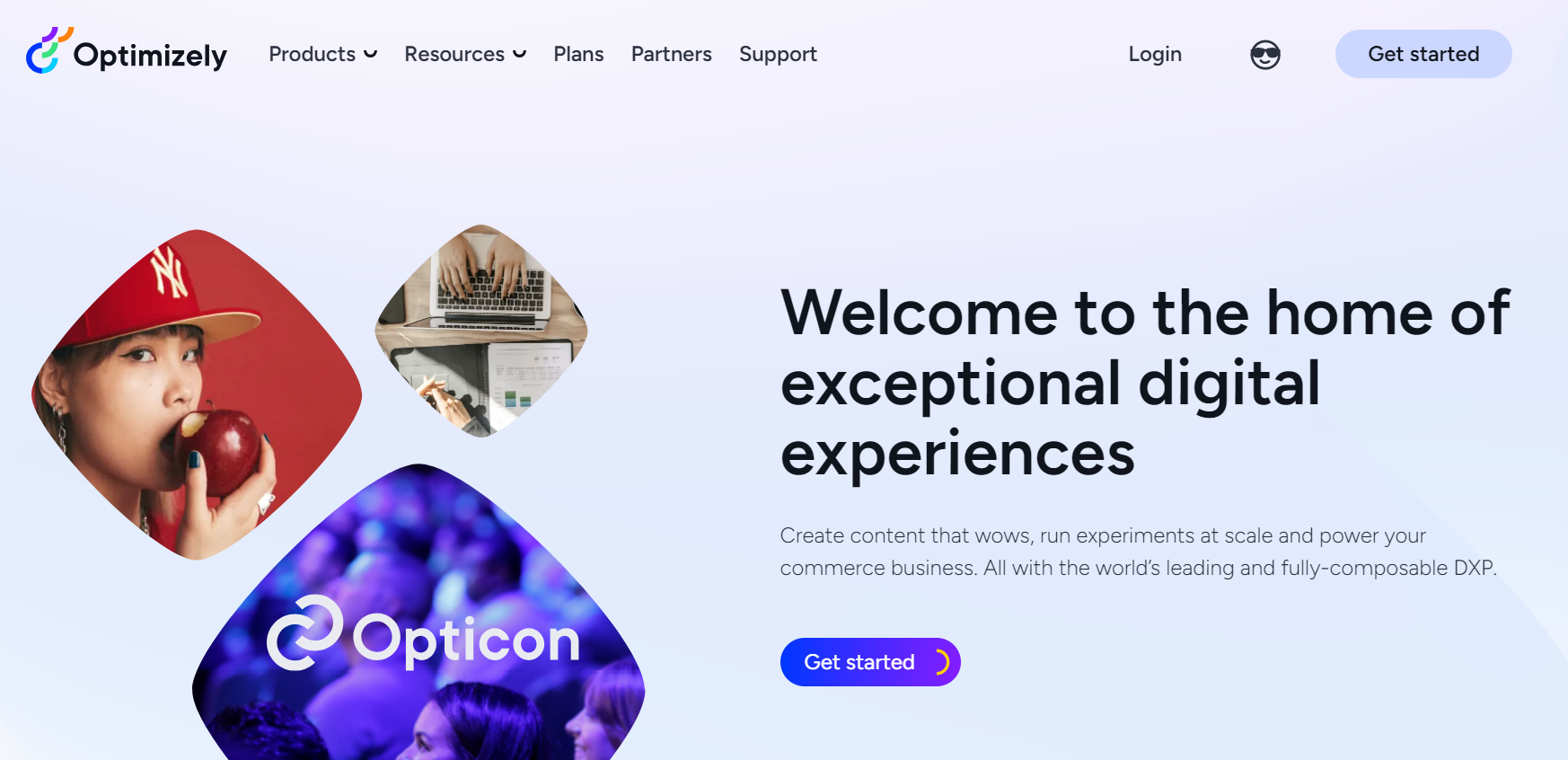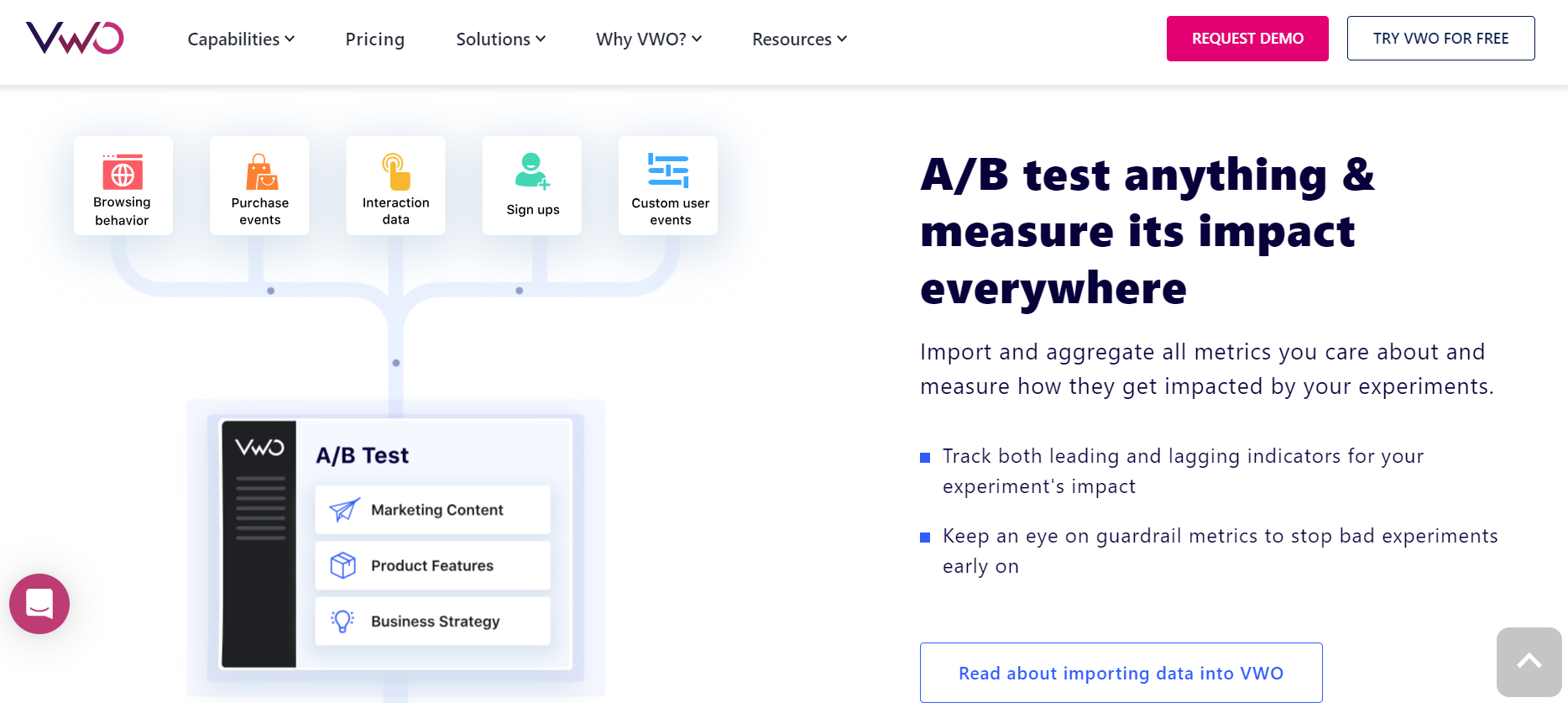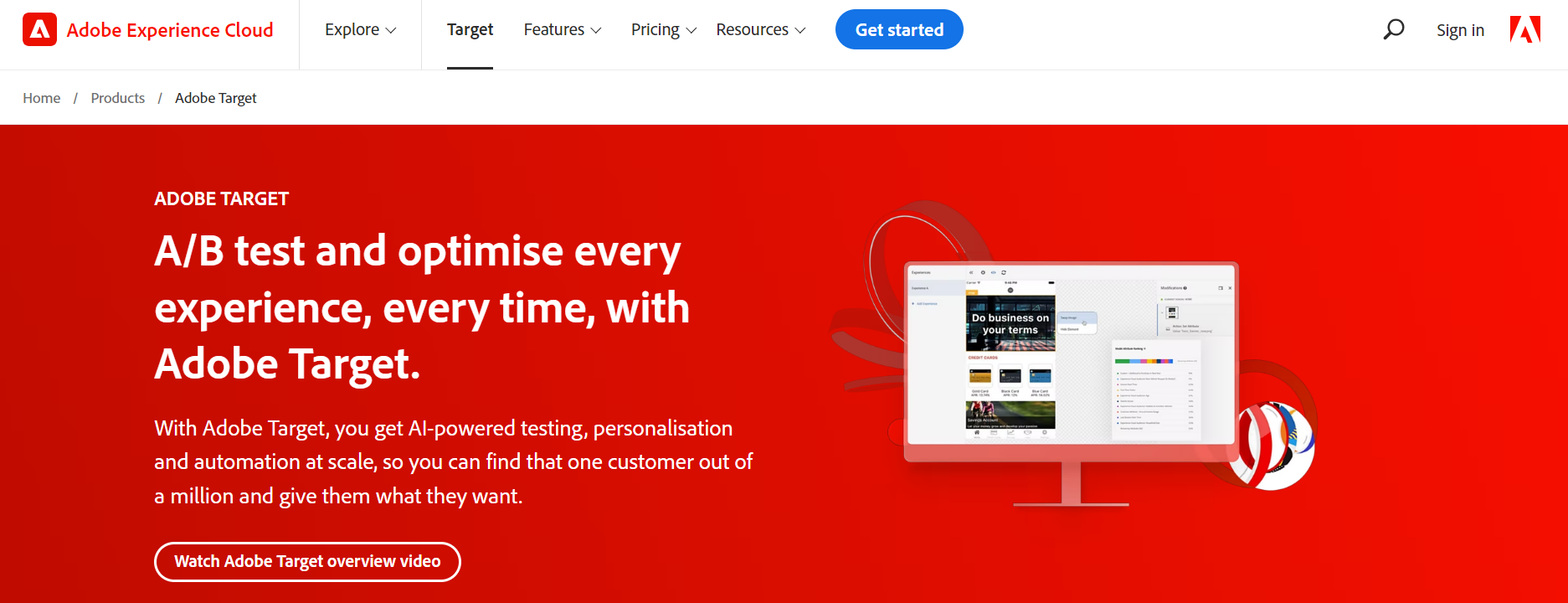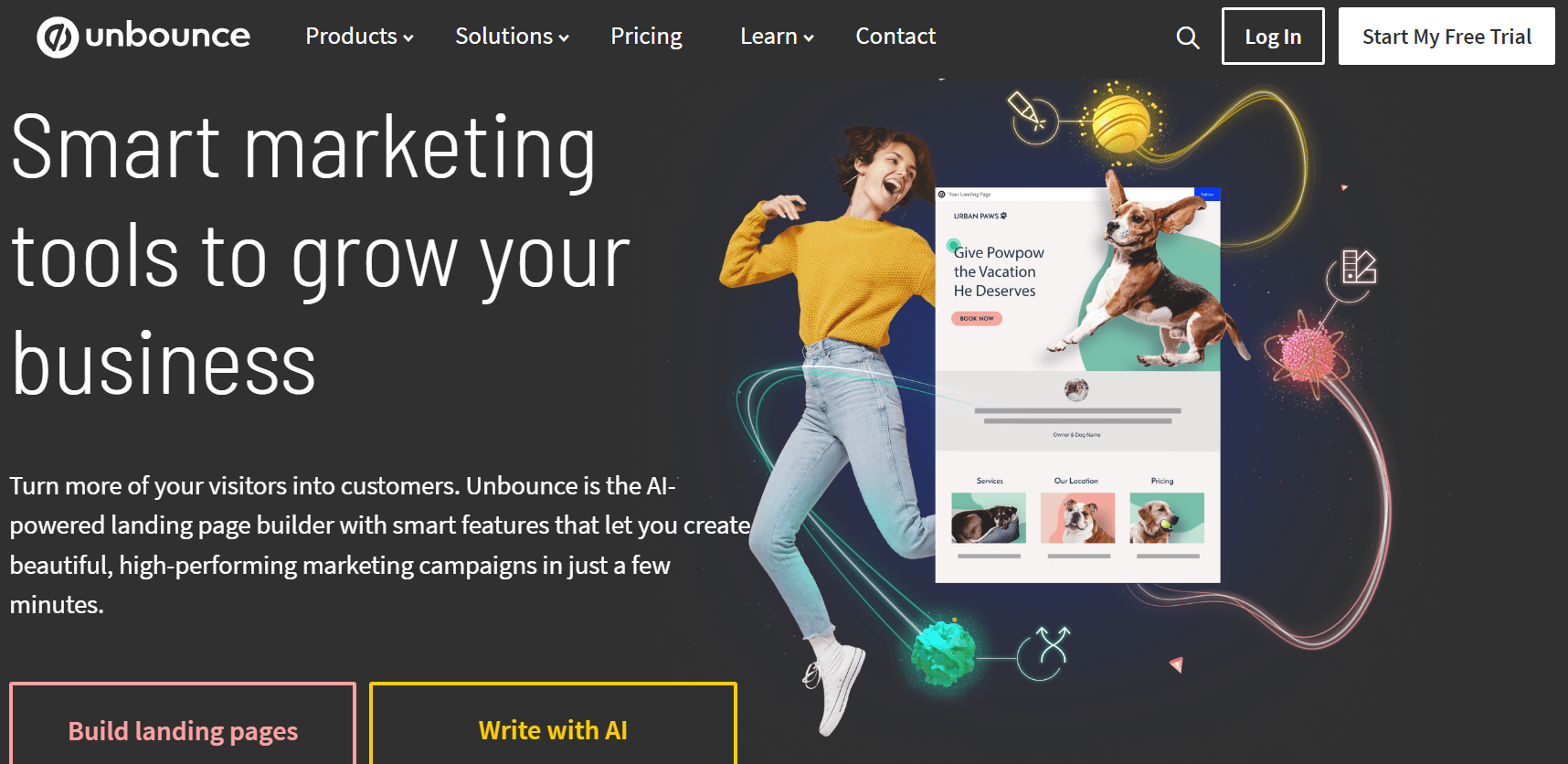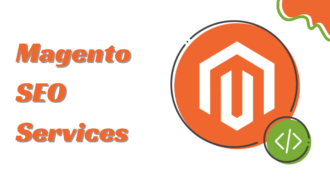Google Optimize Sunsetting: What You Need to Know
- 1 Everything About Google Optimize Sunsetting
- 1.1 Introduction
- 1.2 Understanding Google Optimize
- 1.3 The Sunsetting Announcement
- 1.4 Reasons behind the Sunsetting Decision
- 1.5 Impact on Website Owners and Marketers
- 2 Alternatives to Google Optimize
- 2.1 Optimizely
- 2.2 VWO
- 2.3 Adobe Target
- 2.4 Unbounce
- 3 Key Considerations for Transitioning
- 3.1 Feature Parity
- 3.2 Integration
- 3.3 Learning Curve
- 3.4 Cost
- 4 Steps for Transitioning to a New Tool
- 4.1 The Future of Website Optimization
- 4.2 Conclusion
- 4.3 FAQs:
- 4.3.1 Will my existing experiments and data in Google Optimize be lost?
- 4.3.2 Can I continue using Google Optimize after the sunset date?
- 4.3.3 How do I choose the correct alternative tool for my business?
- 4.3.4 Will transitioning to a new tool disrupt my ongoing optimization efforts?
- 4.3.5 What is the future of website optimization beyond Google Optimize?
Google Optimize has become a popular tool for website optimization, helping businesses enhance their online presence and drive better results. However, recent announcements from Google have indicated that they will sunset Google Optimize. In this article, we delve into the implications of this development for website owners and marketers. We aim to unravel the rationale behind Google’s decision and illuminate the array of alternative options. Prepare to embark on a journey of discovery as we navigate the intricate landscape of this topic. So, let’s dive in and understand the implications of Google Optimize sunsetting.
Everything About Google Optimize Sunsetting
Introduction
Website optimization is critical to digital marketing, enabling businesses to improve user experience, increase conversions, and achieve their goals. Google Optimize, a widespread A/B testing and personalization tool, has been widely used to optimize websites and drive better outcomes. However, Google has recently announced that they will be sunsetting Google Optimize, leading to concerns and questions among website owners and marketers.
Understanding Google Optimize
Before we delve into the sunsetting announcement, let’s take a moment to understand what Google Optimize is. Google Optimize is a robust testing and personalization platform allowing businesses to create and run web experiments. This cutting-edge solution offers an intuitive interface, ensuring that technical and non-technical users can easily navigate and utilize its features.
Its user-friendly design makes it accessible to individuals from various backgrounds, empowering them to leverage its capabilities quickly and efficiently. With Google Optimize, you can test different variations of your website, analyze the results, and make data-driven decisions to improve performance.
The Sunsetting Announcement
Google’s decision to sunset Google Optimize has surprised many users who have come to rely on the tool for their optimization efforts. The announcement indicates that Google will gradually phase out Google Optimize and focus on other tools and features that align with its long-term vision. This means that Google Optimize will no longer receive updates, and after a certain period, it may no longer be accessible.
Reasons behind the Sunsetting Decision
While the sunsetting of Google Optimize may disappoint its users, there are several reasons behind Google’s decision. One key factor is the evolving landscape of website optimization. Over time, new tools and technologies have emerged, offering advanced features and better integration with other platforms. Google aims to focus on newer solutions that provide a more comprehensive and seamless optimization experience.
Another reason is the need to streamline Google’s product offerings. As a tech behemoth, Google boasts many products and services. With an extensive portfolio, it caters to diverse needs worldwide. From software apps to hardware innovations, Google revolutionizes tech. By sunsetting Google Optimize, they can consolidate their resources and invest in tools with broader reach and impact across various industries.
Impact on Website Owners and Marketers
The sunsetting of Google Optimize raises concerns for website owners and marketers who rely heavily on the tool. They must find alternative solutions to continue their website optimization efforts effectively. The impact will vary depending on the specific use cases, the size of the organization, and the level of dependence on Google Optimize. However, it’s essential to understand that alternatives are available to help fill the void left by Google Optimize.
Alternatives to Google Optimize
Fortunately, the website optimization landscape offers a range of alternatives to Google Optimize. Here are a few popular options:
Optimizely
Optimizely is a leading experimentation platform that enables businesses to test and optimize their websites, mobile apps, and other digital experiences. It offers a user-friendly interface, advanced targeting options, and robust analytics capabilities.
VWO
VWO (Visual Website Optimizer) is another robust A/B testing and conversion optimization platform. It provides comprehensive features, including heatmaps, session recordings, and on-page surveys, to help businesses understand user behavior and make data-driven decisions.
Adobe Target
Adobe Target is part of Adobe Experience Cloud and offers personalization and testing tools. It allows businesses to create and deliver personalized experiences based on user segmentation, behavioral targeting, and machine learning algorithms.
Unbounce
Unbounce focuses on landing page optimization and conversion rate optimization. It provides an intuitive drag-and-drop interface, A/B testing capabilities, and integrations with popular marketing tools.
These examples merely scratch the surface of the various alternatives available. Evaluating each option based on your needs, budget, and technical requirements is essential.
Key Considerations for Transitioning
When transitioning from Google Optimize to a new tool, there are several key considerations to keep in mind:
Feature Parity
Evaluate if the alternative tool provides similar features and capabilities to meet your optimization goals. Ensure that it supports A/B testing, personalization, and reporting functionalities.
Integration
Consider how well the alternative tool integrates with your existing marketing technology stack. Seamless integration can streamline your optimization workflows and enhance data synchronization.
Learning Curve
Assess the learning curve associated with the new tool. Consider ease of use and the availability of resources like documentation, tutorials, and customer support when exploring alternatives.
Cost
Understand the pricing structure of the alternative tool and evaluate its affordability to your budget and expected return on investment.
Steps for Transitioning to a New Tool
To successfully transition from Google Optimize to a new optimization tool, follow these steps:
- Evaluate alternative tools based on your requirements and select the most suitable one.
- Export any essential data and insights from Google Optimize for future reference.
- Set up the new tool by configuring tracking codes and integrating them with your website.
- Replicate your existing experiments and personalizations in the new tool.
- Run parallel tests for a period to ensure the accuracy and reliability of results.
- Gradually phase out Google Optimize once you are confident in the performance of the new tool.
- Monitor and analyze the results of your optimization efforts in the new tool, making adjustments as necessary.
The Future of Website Optimization
While sunsetting Google Optimize may bring some uncertainty, it also allows businesses to explore newer and more advanced optimization tools. The website optimization landscape rapidly evolves, with emerging technologies like machine learning, AI, and predictive analytics playing a vital role. Stay updated for exciting opportunities ahead.
Conclusion
Google Optimize’s sunsetting may disappoint many users, but adapting and exploring alternative solutions is essential. Website owners and marketers can seamlessly continue their optimization journey by understanding the reasons behind this decision, considering alternatives, and following a systematic transition process. Embracing change and leveraging newer tools and technologies will pave the way for enhanced user experiences, improved conversions, and business success.
FAQs:
Will my existing experiments and data in Google Optimize be lost?
No, your existing experiments and data in Google Optimize will not be lost. It is advisable to export any important data and insights from Google Optimize before the sunset date to ensure you have a backup for future reference.
Can I continue using Google Optimize after the sunset date?
Google has announced that they will be gradually phasing out Google Optimize, which may no longer be accessible after a certain period. Transitioning to an alternative tool is recommended to continue your website optimization efforts effectively.
How do I choose the correct alternative tool for my business?
Choosing the right alternative tool depends on your needs, budget, and technical requirements. Consider features parity, integration with your existing technology stack, learning curve, and cost. Evaluate different options and select the tool that best aligns with your optimization goals.
Will transitioning to a new tool disrupt my ongoing optimization efforts?
Transitioning to a new tool may require adjustments and replicating existing experiments and personalizations. It is advisable to run parallel tests to ensure the accuracy and reliability of results during the transition. With careful planning and execution, the disruption to your ongoing optimization efforts can be minimized.
What is the future of website optimization beyond Google Optimize?
The future of website optimization is promising, with emerging technologies like machine learning and artificial intelligence playing a significant role. These advancements offer more sophisticated personalization and testing capabilities. By embracing these technologies and staying updated on the latest trends, businesses can stay ahead in the optimization game.
In conclusion, the sunsetting of Google Optimize may require website owners and marketers to explore alternative optimization tools. By understanding the reasons behind the decision, considering alternatives, and following a systematic transition process, businesses can continue optimizing their websites and achieving their goals. Embracing change and leveraging newer tools and technologies will pave the way for enhanced user experiences and improved conversions.


